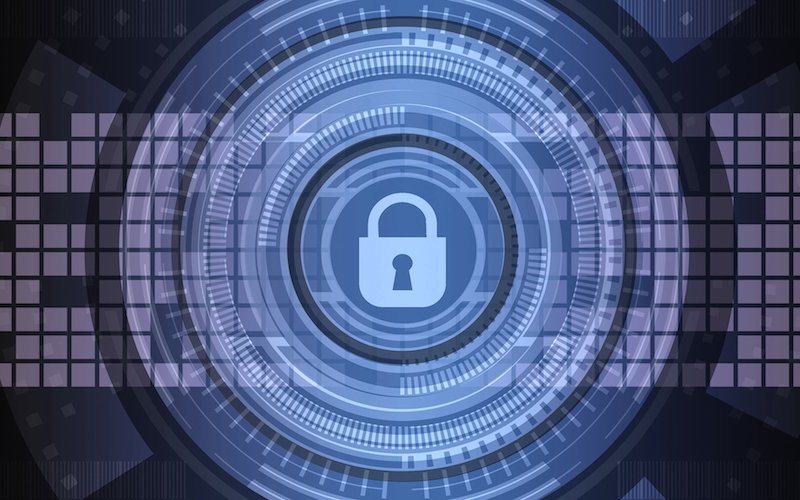
Most people concur that a CMS, or Content Management System, makes it significantly easier for web developers and marketing teams to work side by side.
However, CMS platforms such as WordPress, Joomla, or Drupal are web-based applications, leaving them vulnerable to hackers and a wide range of cyber-attacks. This is because they all use the same common technologies that connect with millions of internet users from around the world.
Currently, we’re seeing companies spending thousands of dollars per year trying to secure their main applications, but most of the time, they neglect to improve the security of their CMS system because they believe that nobody would ever want to hack into their website or blog.
But most of the time, cybercriminals aren’t after the content itself, but rather the technology that the company is using. Therefore, CMS security is very important, yet not often talked about, aspect of cybersecurity.
The Current State of Affairs
Today, hackers and cybercriminals know that there are hundreds, if not thousands, of unpatched installations and security vulnerabilities present in the most popular content management systems (CMS).
This includes some of the industry’s biggest names such as WordPress, Drupal, and Joomla, which account for about two-thirds of the entire website marketplace and is exactly why these platforms remain popular targets for hackers and cybercriminals.
Below, we’ll take a look a look at some of the most common security concerns with CMS platforms, as well as the steps you can take to protect yourself, such as using one of these VPN services.
Brute Force Attacks
A brute force attack is the simplest and sometimes most effective way for a hacker to gain unauthorized access to a website or computer server.
Essentially, the attacker will try a huge variety of usernames and passwords, over and over again, until they eventually find one that gives them access.
It’s called a brute force attack because it’s comparable to an army trying to attack the walls of a castle.
There are bound to be many casualties, however, with enough brute strength, the army will eventually wear down the castle’s defences and gain access.
Vulnerable Plugins and Themes
Plugins and themes are pieces of software code that can easily be implemented onto a website. They are used to add new features and functions to the website and typically, they are extremely useful for web developers who aren’t very tech-savvy.
The problem is that hackers and criminals know about these plugins and themes and will often try to exploit their vulnerabilities to gain access to protected information. In fact, according to these WordPress facts, just over 50% of all known vulnerabilities on the WordPress CMS are found in corrupted plugins.
Distributed Denial of Service (DDoS) Attacks
A Distributed Denial of Service is a form of cyber-attack, where the perpetrators want to cause a server or network to become unavailable to its users by disrupting its service.
This is typically achieved by using a botnet, which can be used to flood a targeted machine or network, overwhelming its servers, causing it to crash and go offline. This has the effect of denying service to the network’s users and then the criminals are free to make demands or do whatever is it that they had in mind.
For a simple analogy, just imagine hundreds of people crowding the doors of a tiny store, making it impossible for the customers to get through.
How to Secure Your CMS or Website
Although it’s impossible to keep your CMS 100% safe at all times, there are still a number of precautions that you can take to ensure that you don’t become a victim.
Update Your Software Regularly
CMS platforms usually have dedicated teams of developers working constantly to identify emerging threats and releasing patches or updates to protect their users from them.
The problem is that every time a new patch is released, criminals are already working on finding and exploiting another vulnerability.
Therefore, it’s extremely important to make sure that you’re running the most recent version of your CMS, as well as its extensions, plugins, and add-ons. This will ensure that you’re as safe as can be.
Using a VPN Can Help
VPNs, or Virtual Private Networks, are decentralized networks of computer servers that allow their users to access the internet in a safe and secure manner.
Essentially, they create a safe, encrypted pathway that your information can travel through before reaching the internet. This makes it so that no one can see any of your online activity and even if they could, they won’t be able to decipher any of it.
Using a VPN can be an extremely effective defence when using a CMS platform. Essentially, even if the platform were to be targeted by cybercriminals, your online identity and your computer’s data would still remain completely safe.
We recommend starting with a free VPN. One of the best in this are is ProtonVPN. Of course each of us have their own needs so you should read a review first.
Use Antivirus Software
Although using an antivirus application won’t prevent your CMS or website from becoming infected, it can help you identify and neutralize a threat once it has occurred.
Just like updating your CMS software, make sure to regularly update your antivirus software and run regular scans to check for potential threats.
